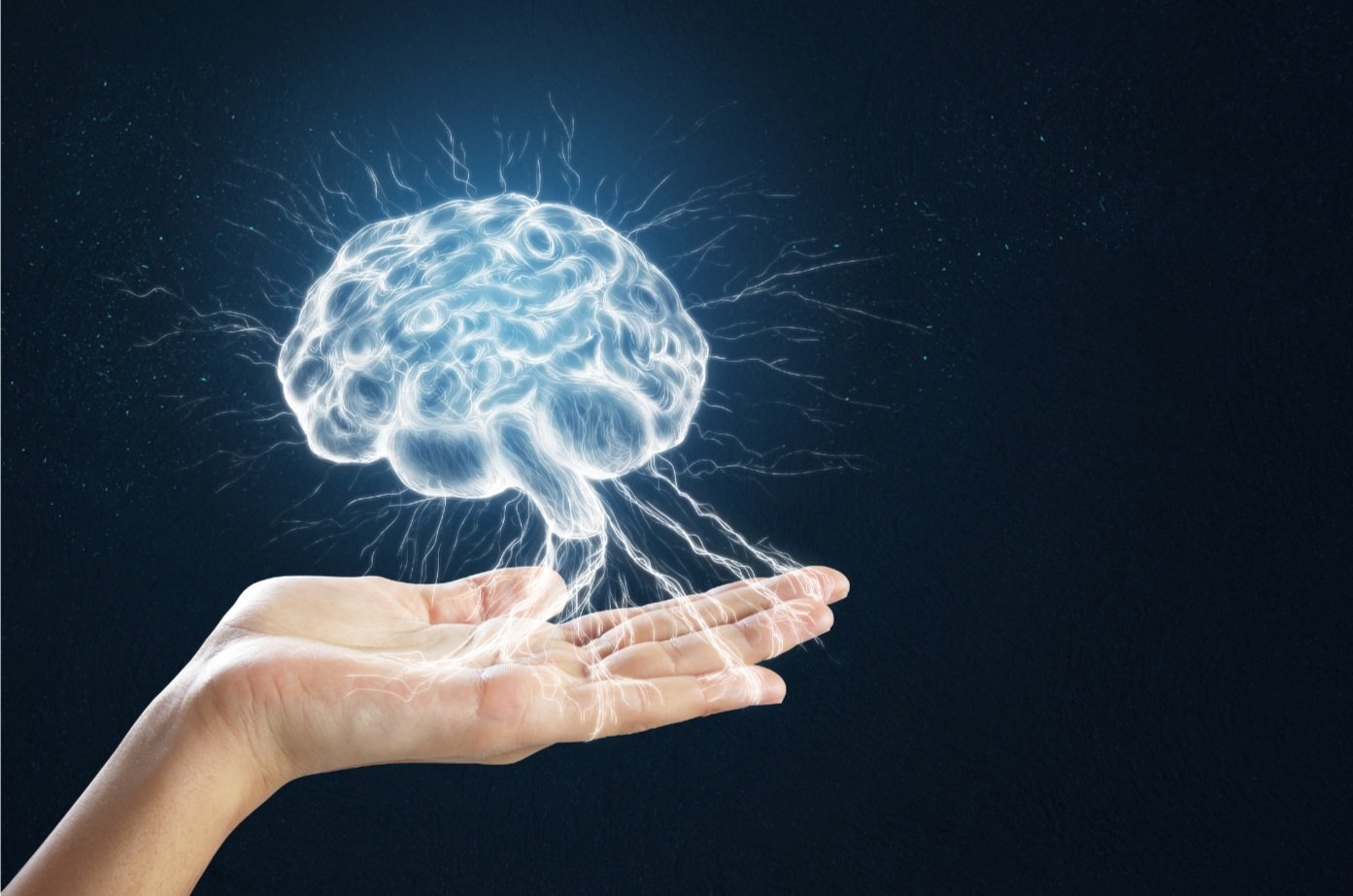
Digital Detoxing for Improved Brain Health
These days, our devices are an extension of our very being. With a vast wealth of information at our fingertips, constant connectivity and convenience, we are in an “always-on” state. Increasingly, concerns are being raised as to the impact of this digital addiction on our cognitive function, and mental health. That’s why today, we’re looking into the brain benefits of unplugging and taking a break from the fast-paced digital world.

The Power of Probiotics and the Gut-Brain Axis
In part five of the gut and brain series, we’re giving you the low down on the role of probiotics in maintaining a healthy connection between the brain and the ‘second brain,’ as the gut is often known.

Staying Present to Foster a Healthy Gut-Brain Connection
Welcome back to the series in which we tackle all aspects of the gut-brain axis and explain how to achieve a symbiotic connection between your mind and your gut. By now, we know about what comprises this link, and its bi-directional nature: how your gut health affects your brain health, and vice versa. With that in mind, let’s talk about how you can use the power of your mind to ensure the healthiest possible brain-gut connection.

The Brain’s Important Influence on the Gut
Our last post explores how maintaining a healthy gut promotes better mental health outcomes. And guess what? Since the gut-brain axis is bi-directional, the opposite is also true. The brain influences the gut in a multitude of ways, which we will be discussing in today’s blog.

How Good Gut Health Leads to Better Mental Health
Ever experienced that “gut-wrenching” sensation when feeling intense emotions? Struggle with digestive disruption when your stress levels get high? All of this and more can be explained by the gut-brain axis.
In part two of our gut and brain series, we’re going into detail about how the elaborate connection between the brain and the gut plays a pivotal role in shaping our mental health.

Understanding The Gut-Brain Connection: The Basics
You know that expression “I’ve just got a gut feeling”? There’s more to it than you might think. In this series, we’re going to be de-mystifying the links between the gut and the brain, explaining exactly how they are connected, and delving into all of the knock-on effects the connection has on our overall well-being. Let’s kick things off with the basics.

Stay On Top of Stress With a Mindfulness Practice
We’ve spoken before about the proven benefits of meditation, and today we’re honing in on one of its key principles: mindfulness. We’ll be breaking down what it means to be mindful, plus explaining how it can help keep stress at bay and improve your brain health, all at the same time.

The Role of Precommitments in Maintaining the Brain
Have you ever limited your future options to provide a better outcome for yourself? Precommitments can be a valuable strategy throughout our lives, setting us up for success and helping us to avoid potential obstacles.

Is Addiction a Societal Issue?
This post explores Bruce Alexander’s fascinating Rat Park experiment and Dislocation Theory. We have previously spoken about substance abuse and the brain, but these important experiments performed in Canada in the late 1970s provide valuable additional insight into the elusive concept of addiction that humans have been attempting to understand for centuries.

The Pros and Cons of Antidepressant Therapy
Depression is a complex health concern that has been rising in prevalence in recent years. As a highly multi-faceted condition that presents with a vast range of symptoms and patterns, it requires a holistic approach. Today, we’re looking at how antidepressants can fit into a treatment plan, and debating their benefits and drawbacks.

The Brain and Chronic Pain
Chronic pain is a highly complex experience that can have a broad range of physical and mental effects on the brain and body. With millions across the globe experiencing pervasive and debilitating chronic pain conditions, we explore the psychological and neurological consequences of living with pain.

Social Contagion as a Force for Better Brain Health
While often regarded as a negative phenomenon, the powerful force of social contagion can be harnessed for good. Today, we’re looking at how the way emotions, ideas, and behaviors spread through social networks can be utilized to boost cognitive well-being on a considerable scale.

Multichannel Multitasking: The New Way to Multitask
It’s not easy to make time for the multitude of things that our everyday lives require of us. Indeed, it’s why some of us try to juggle multiple things at once and often struggle to do so. The good news is that there is another way.

4 Ways Creativity Benefits Your Brain
Not only are art, writing, and other creative activities fantastic forms of accessible self-expression, but they also do wonderful things for brain health. They’re an excellent way to improve cognitive function, reduce stress levels, process complex emotions, and promote neuroplasticity.

Travel Therapy – How Exploring New Places Benefits Your Brain
Travel is a luxury that offers us a unique opportunity to expand our horizons and experience the world around us. In this blog post, we’ll be shedding light on how it impacts the brain, including the effects on cognitive function, stress levels, creativity, and mental resilience.

Phubbing: The Perils of Prioritizing Your Phone Over People
You may or may not have heard of phubbing, a relatively modern phenomenon, and a portmanteau of the words “phone” and “snubbing.” We’re exploring how our smartphones have evolved into extensions of our very being, and revealing the sobering health consequences of phubbing.

How Diet Affects ADHD
Recently, there’s been a growing call for alternatives to conventional medical treatments in treating ADHD. For a more detailed explanation of what the brain of someone with ADHD is like, head over to our previous post. In this post, we’re going to discuss some of these more natural approaches, specifically focusing on diet-based interventions and supplements.

Inside the ADHD Brain
Although ADHD is a more commonly understood disorder than it once was, there is still a wide range of misconceptions about the diagnosis. Attention-Deficit/Hyperactivity Disorder affects millions worldwide and can significantly impact day-to-day life, affecting mental health, overall well-being, and relationships. The intricate workings of the brain of someone with ADHD reveal a great deal about how the disorder occurs, and what can be done to treat it.

Neurofeedback: The Treatment That Can Retrain Your Brain
Lifestyle changes can have an enormous impact on brain and mental health. And indeed, suitable supplements and medications may be of use, too. However, did you know that a pain-free, drug-free treatment has shown great promise in improving the symptoms of a broad range of mental health conditions? Today, we’re delving into neurofeedback, giving you the facts on what it is, what it does, and the research behind it.

The Malleability of the Mind
For a long time, it was thought that the brain’s architecture remained fairly fixed after a certain age and that the possibility of changes within its functioning was low. However, the discovery of neuroplasticity has revolutionized our understanding of the brain's incredible capacity for transformation.
In this post, we’re taking a deep dive into what neuroplasticity is, how it works, and how we can harness its power.
